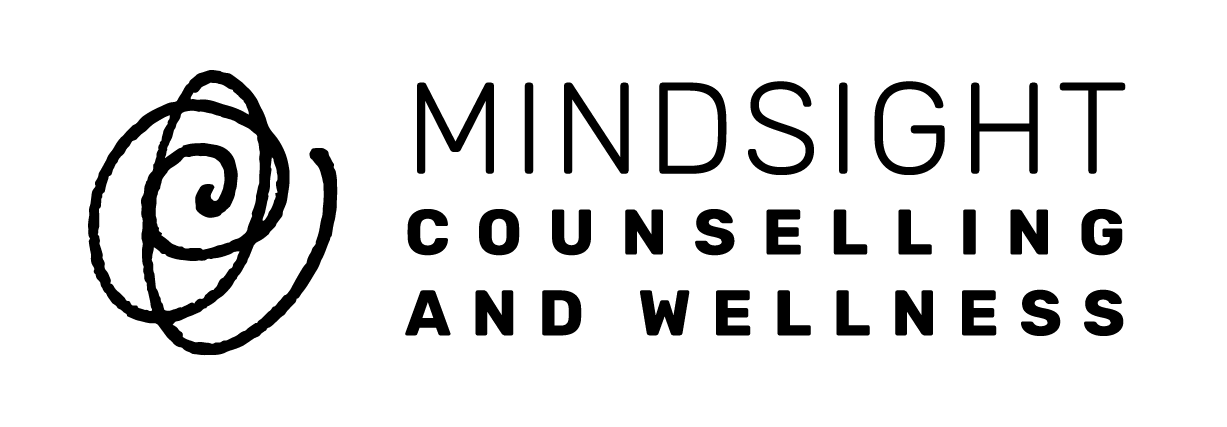I know what you’re thinking. How can practicing being grateful not be flaky, fluffy, or fuzzy? It sounds like something a feel-gooder, cheeseball will encourage us to do right after waving incense sticks around, and right before selling you their homemade gratitude memory bowl for $89. (This probably exists.)
Ok, so I sound cynical. It’s true. I may be way too cynical to be a therapist. But I use my cynicism for good! I believe that. My cynicism is actually skepticism, which means I want to know why something works and not just adopt it because it sounds helpful. And, of course, being more grateful SOUNDS helpful! And, it turns out that it IS actually pretty darn helpful.
This has been studied a tonne. Especially by by Dr. Robert Emmons, PhD, the world’s leading scientific expert on gratitude. Here is a graph he made showing the recent increase in peer reviewed studies on this close-to-his-heart topic.
That is a lot of researchers who think this is an important phenomena to study! (Here is one of his articles on Why Gratitude Is Good. )
As promised, here are just a few pieces of evidence I cherry-picked to share with you…
Four reasons you, too, may want to take this gratitude stuff even more seriously.
1. Being grateful improves our emotional well-being AND our physical health
In a society obsessed with being happy, this is an important key. We may have all heard by now that just TRYING to be more happy doesn’t work. So we will arrive at increased happiness by coming to it indirectly. There are a bunch of things that contribute to increased happiness, and one of them is being more grateful on a regular basis.
But it is also good for our physical health? In a society obsessed with health (ok, so maybe we are a smaller cohort) we should really stand up and pay attention to this. Being grateful can lead to better health outcomes. This one needs some evidence. Dr. Emmons studies showed that people who practiced gratitude showed stronger immune systems, lower blood pressure, sleep longer, and exercise more, feel happier, more alert, and optimistic.
2. Grateful people are less depressed
This one hits home because I spent over a decade in deep depression (yes, it seriously sucked), and I can attest that feeling and being more grateful is one of my ongoing anti-depressant activities. Depression really, convincingly, LIES to us, and tells us emphatically that we suck and, that, in fact, everything sucks. In depression, we believe that lie. A gratitude practice is one effective way we can deliberately retrain the deep grooves of negative thinking in our brains so we can start seeing positive aspects of life again. Yes, this is a neuroplasticity exercise where you can use your mind to change your brain. (This is largely what I am working on with my clients in therapy.)
3. Grateful people are more resilient to trauma
Dr. Emmons studies showed people who practiced gratitude recovered more quickly from adversity are more resilient to stress and the challenges of life.
Emmons asserts,
“it is precisely under crisis conditions when we have the most to gain by a grateful perspective on life. In the face of demoralization, gratitude has the power to energize. In the face of brokenness, gratitude has the power to heal. In the face of despair, gratitude has the power to bring hope. In other words, gratitude can help us cope with hard times.”
You can think of gratitude as a prevention practice, because we will all experience adversity in our live, that is simply the nature of being a human being.
4. Grateful people get along better with others
Research tells us that gratitude can increase pro-social behaviour, nourishes deeper relationships, and increases kindness. I can think of a single thing about this list that is not to be celebrated. These three traits alone could solve the bulk of our societal woes!
Dr. Emmons studies showed people who practiced gratitude showed feel less lonely, more outgoing, more forgiving, and more helpful and compassionate towards others. (See this article for more information and references)
Nourishing a grateful attitude
These are just four reasons to be convinced of the importance and validity of practicing gratitude, there are many many more reasons. Go watch some of Dr. Emmons video at the links below.
You may start out doing a deliberate gratitude practice by using a journal or a meditation. This can really feel like it makes a difference in your perspective. However, over time, the real benefit is the development of a grateful attitude, where gratefulness is woven into who you are, and you naturally, regularly, without thinking, notice aspects of life to be grateful for, and will feel it. And I bet it will feel good.
I hope gratitude feels a little more important after reading this.
Warmly,
Laurel
Do you wish to feel better and live more fully?
Are you thinking about working with a Registered Clinical Counsellor in Downtown Vancouver? Reach out to me to find out if I might be a good fit for you. You can begin improving your self-awareness and coping strategies today by investing in yourself and your improving your long-term well-being.
Get in touch with me to get started on feeling better. I offer a free 20 minute phone consult for you to assess fit and ask questions. Email me at info@mindsightcounselling.ca or call/text 604-868-4838.
Laurel Swenson, MC, RCC — Registered Clinical Counsellor
Mindsight Counselling and Wellness — Feel Better. Live More.
mindsightcounselling.ca | info@mindsightcounselling.ca | 604-868-4838
Private Practice in Vancouver



